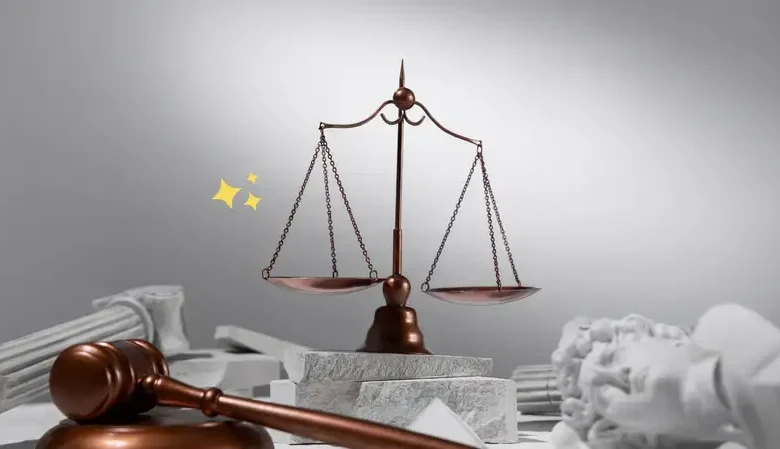Indonesia’s Merger Control System: A 20-Year Review of Legal Challenges

An analysis of Indonesia’s merger control system highlights persistent challenges within its regulatory framework. This examination addresses the use of ex-ante and ex-post approaches, conflicts in legal norms, overlapping regulations, and other issues that complicate enforcement efforts by the Indonesian Business Competition Supervisory Commission (KPPU).
Review of KPPU Decisions
The study reviews KPPU decisions over the past two decades to evaluate their alignment with Indonesia’s business competition law objectives. Mergers, consolidations, and acquisitions are typically pursued to enhance capital, improve operational efficiency, and increase profitability. Nevertheless, regulatory ambiguities and conflicting norms contribute to legal uncertainty regarding the enforcement of merger control.
Key Issues Identified
Two key issues are identified: the nature of the regulatory framework guiding KPPU decisions from 2000 to 2020, and the selection between ex-ante and ex-post controls.
Legal Framework under Law No. 5 of 1999
According to Law No. 5 of 1999, which regulates merger control in Indonesia, any merger that may lead to monopolistic or unfair competition is prohibited. A significant requirement mandates that firms must notify KPPU within 30 days of a merger if certain financial thresholds are met. Despite this, enforcement has been inconsistent, with KPPU historically prioritizing post-notification processes rather than fully exercising its regulatory capabilities for merger control.
Ex-Ante vs. Ex-Post Approaches
Both ex-ante and ex-post regulatory approaches have distinct advantages and disadvantages. Ex-post control, while reactive, may allow anti-competitive practices to occur, whereas ex-ante control proactively scrutinizes potential mergers to mitigate such risks. Effective regulation is ideally aimed at promoting competition, enhancing economic efficiency, and protecting public welfare while deterring unlawful mergers.
Challenges in Enforcement
KPPU encounters considerable challenges in enforcing merger control due to existing regulatory gaps. Initially adopting a judicial ex-post approach, the commission has shifted towards an administrative ex-post model in recent years. Achieving a suitable balance between ex-ante and ex-post strategies is essential, with a focus on preventive measures to sustain competitive markets being crucial for the future of merger control in Indonesia.
Study Authors
Authors of the study include Ria Setyawati, Budi Kagramanto, Iman Prihandono, and Stefan Koos.




